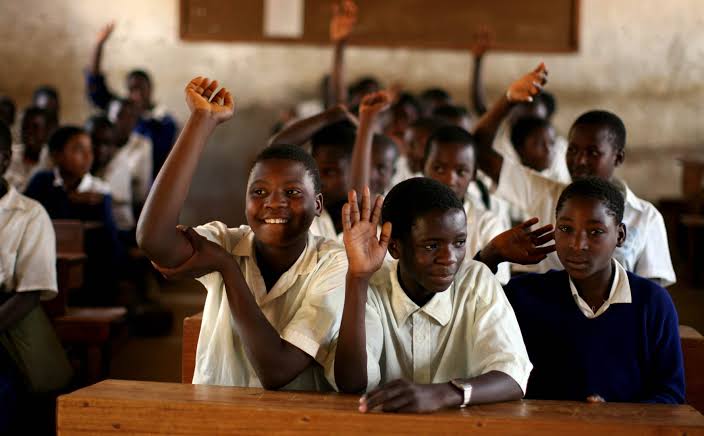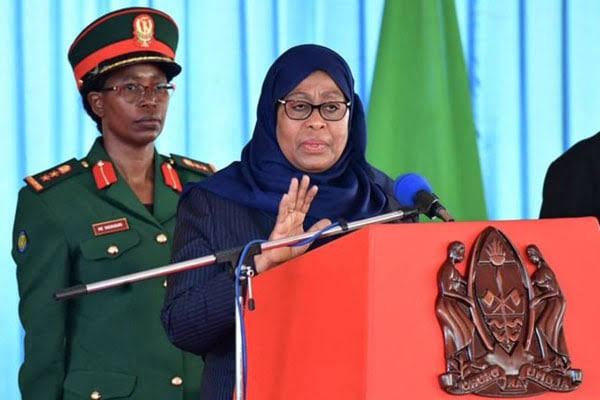
Faith Nyasuguta
Tanzanian schools have begun, this month, to adopt English as the compulsory medium of instruction.
The directive was issued by Benjamin Oganga, an officer attached to the Ministry of Education.
“We’ve banned the use of Swahili in all our secondary schools. We need to ensure our students understand and are able to use English in accordance with the policies of Education,” he said.
The official expressed optimism the move will help students express themselves in English.
The Tanzanian syllabus is predominantly in the Swahili language where even subjects such as Physics, Biology and Chemistry are taught in the language.
Until this decision, English was taught in Tanzanian schools as an optional language.

Assistant Director for Secondary Education in the President’s Office Benjamin Oganga said the unprecedented move is aimed at ensuring students are able to express themselves in the Queen’s language.
The total number of Swahili speakers globally varies widely, but estimates range from 60 million to over 150 million people.
This number comprises both native and second-language speakers where around five to fifteen million people speak Swahili as their first language with Tanzania accounting for the largest number at about 9 per cent.
The adoption of English as a compulsory medium of instruction in Tanzanian schools is set to solve pre-existing communication challenges with English-speaking countries. Still, the move has sparked outrage from some social media users.
SWAHILI’S BID TO BECOME AFRICA’S LANGUAGE?
*BACKGROUND*
Swahili, which originated in East Africa, is one of the world’s 10 most widely spoken languages and, as Priya Sippy wrote, there is a renewed push for it to become the continent’s lingua franca.
“It’s high time we move from the coloniser’s language.”
Recently, the African Union (AU) adopted Swahili as an official working language.
It is also the official language of the East African Community (EAC), which DR Congo recently joinEd.
In 2019, Swahili became the only African language to be recognised by the Southern African Development Community (SADC). Shortly after, it was introduced in classrooms across South Africa and Botswana.
Most recently, Ethiopia’s Addis Ababa University announced it would start teaching Swahili.
Some linguists predicted that Swahili’s reach in Africa will continue to expand.

Tom Jelpke, a researcher of Swahili at London’s School of Oriental and African Studies, argues that as connections grow across the continent, people will want a common way to communicate.
He believes that its closeness to other languages in east and central Africa will cement its position there. But beyond those regions there may also be an ideological element.
“Swahili… comes [with] a sense of ownership,” says Ally Khalfan, a lecturer at the State University of Zanzibar, echoing the views of Ms Lankai. “It is about our property and our identity as Africans.”





1 Comment
This is deeply disturbing. Why would any woke African in 2023 ditch their language for the ‘queen’s’ language?